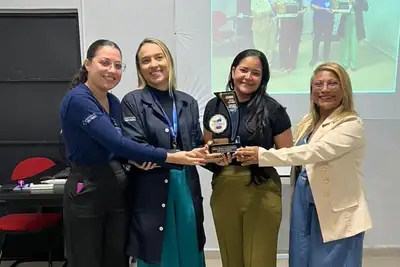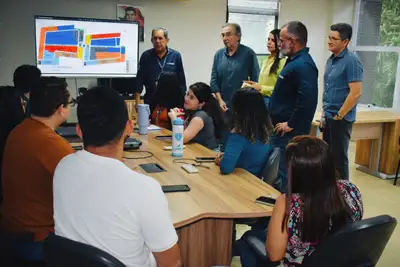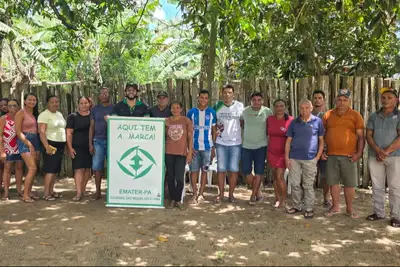Agronomists are essential to strengthen sustainable development in Pará
This Sunday (12), when Brazil celebrates the Day of the Agronomist Engineer, the strategic role of this professional in technical support and access to public policies is highlighted.
Agricultural production, livestock defense, environmental preservation and licensing, strategic planning, and innovation are among the areas of action for agronomists in Pará, strategic pieces to strengthen sustainable development in the State. This Sunday (12) is celebrated, in Brazil, the Day of the Agronomist Engineer. Currently, more than 430 professionals make up the staff of the state executive and act as a bridge for environmental, social, and economic transformation.
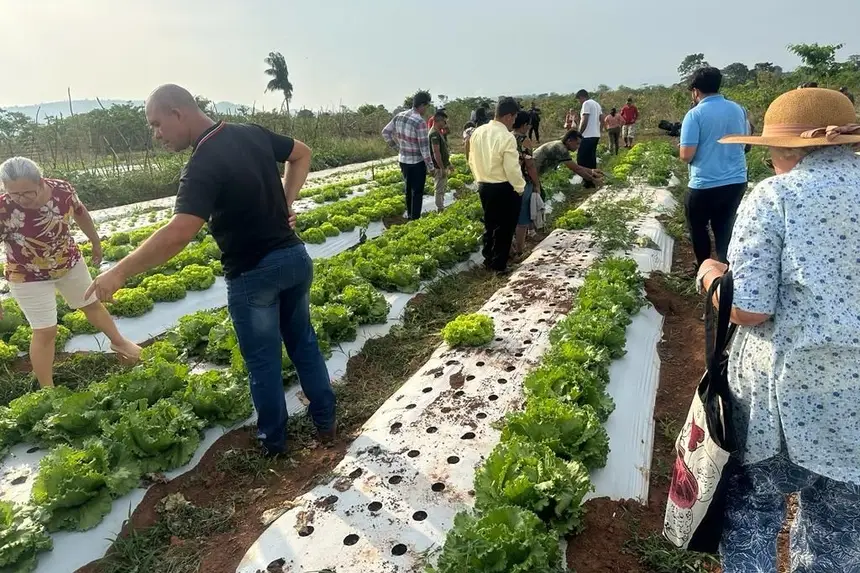
“The technical assistance of the agronomist guarantees more food on the table, more income in the field, and greater autonomy for family farming. It is a transformation that creates sustainable production chains, resulting in healthier and more available food, strengthens food security, and expands market opportunities for family farmers,” highlights Rony Torquato, agronomist who works at the Local Office of the Technical Assistance and Rural Extension Company of the State of Pará (Emater) in Itupiranga, a municipality in the southeast of the State.
Emater has nearly 200 agronomists on its staff. Francisco Chaves, an employee for 51 years at the Company, is one of the professionals who contribute, above all, to strengthening agricultural production. “The verticalization of the manteiguinha bean from Santarém and the increase in the variety of more than four types of cassava marketed are examples of the strengthening of production, stemming from the work of Emater's rural extensionists, who are indispensable in this process,” he exemplifies.
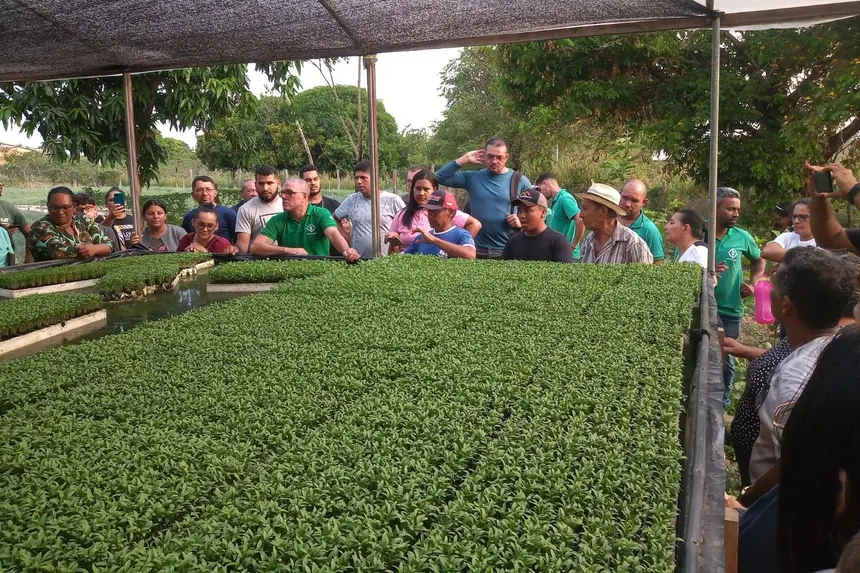
Support - Rural producer from the São Luís community, in the municipality of Oriximiná, Cristiane Souza, celebrates the work of agronomists for the benefit of producers and the advances achieved through integration. “The engineers from Emater help us produce more and more. They help us issue our CAF (Family Agriculture Registration) and DAP (Declaration of Aptitude for the National Program for Strengthening Family Agriculture), in addition to assisting in the preparation of projects for us to obtain financing from the bank and thus increase production, as well as ensuring the quality of the products we cultivate. This support is very important,” emphasizes Cristiane.
President of a family farming cooperative in Serra Pelada, a district of Curionópolis, also in southeastern Pará, producer Ramom Marques reinforces the importance of the closer relationship between Emater agronomists and the community. “This work is of great relevance, both for the technical support, the guidance, instructions they provide us, and the training, as well as for the issuance of CAFs, which allow us to access programs such as the National School Feeding Program, the Food Acquisition Program, the National Program for Strengthening Family Agriculture, among others,” he informs.
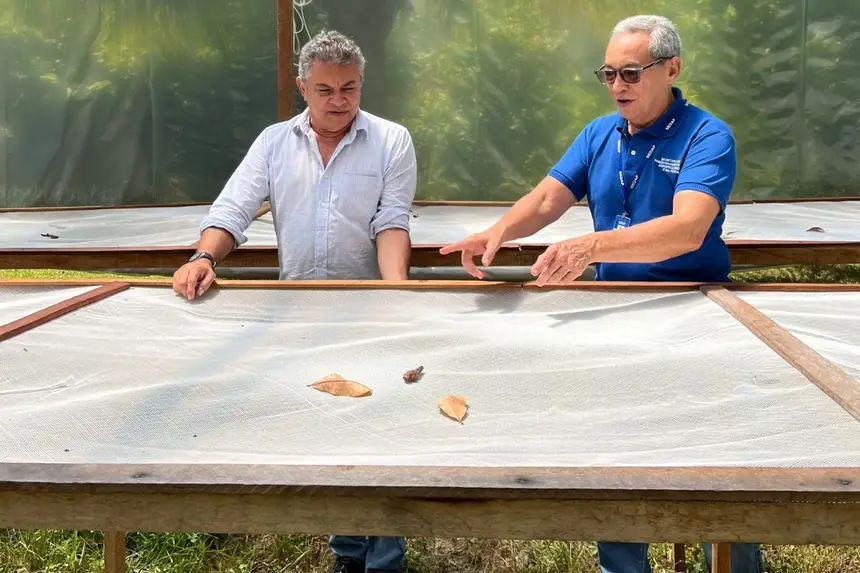
Protagonism - All policies aimed at agricultural development, especially those involving livestock, crops, industrial and temporary plantings, in addition to the Agroforestry System (SAF), are led by an agronomist. Ivaldo Santana, agronomist from the State Secretariat for Agricultural Development and Fisheries (Sedap), emphasizes the protagonism of the profession and the appreciation of professionals.
“Everything that involves agricultural issues, the agronomist is the protagonist. Whether in the production of animals, seeds, fruits, grains, everything that involves the field, the agronomist can act. He executes, guides, researches, ensures technical assistance and monitoring that involves the distribution of agricultural implements. It is a range of fundamental activities, including in this agroecological transition, with the aim of reducing the use of pesticides,” he says.


